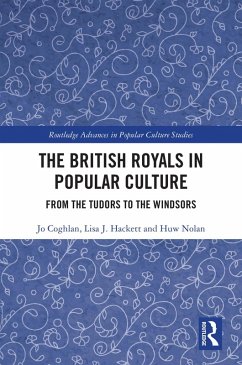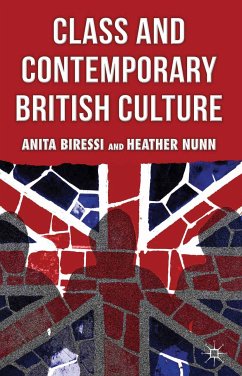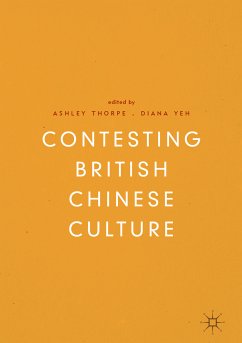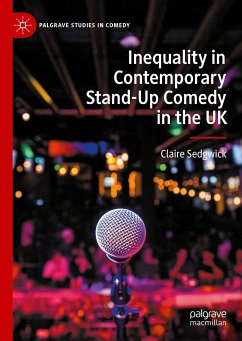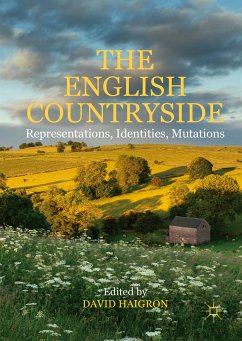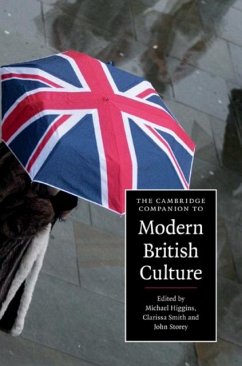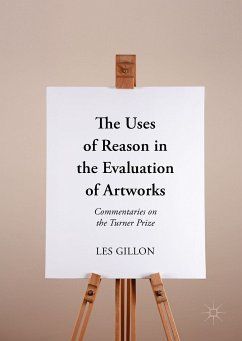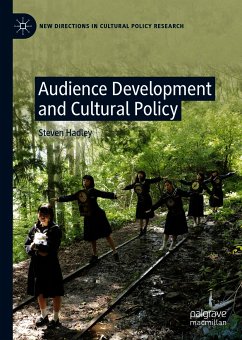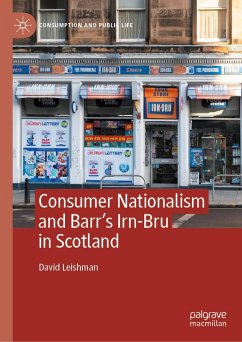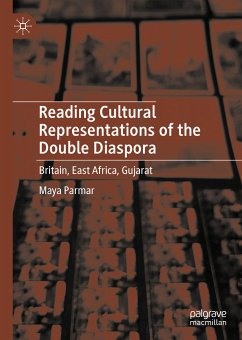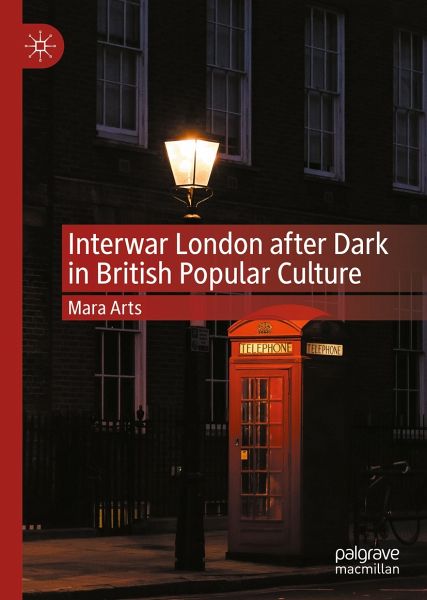
Interwar London after Dark in British Popular Culture (eBook, PDF)
Versandkostenfrei!
Sofort per Download lieferbar
80,95 €
inkl. MwSt.
Weitere Ausgaben:

PAYBACK Punkte
40 °P sammeln!
This book explores the representation of London's nightlife in popular films and newspapers of the interwar period. Through a series of case-studies, it analyses how British popular media in the 1920s and 1930s displayed the capital after dark. It argues that newspapers and films were part of a common culture, which capitalized on the transgressive possibilities of the night. At the same time both media ensured that those in authority, such as the police, were always shown to ultimately be in control of the night.The first chapter of the book provides an overview of the British film and newspa...
This book explores the representation of London's nightlife in popular films and newspapers of the interwar period. Through a series of case-studies, it analyses how British popular media in the 1920s and 1930s displayed the capital after dark. It argues that newspapers and films were part of a common culture, which capitalized on the transgressive possibilities of the night. At the same time both media ensured that those in authority, such as the police, were always shown to ultimately be in control of the night.
The first chapter of the book provides an overview of the British film and newspaper industries in the interwar period. Subsequent chapters each explore a specific aspect of London's nightlife. In turn, these chapters consider how films and newspapers of the interwar period depicted women navigating the street at night; the Metropolitan Police's involvement in nightlife; and the capital's newly built and expanded suburbs and public transport network. Finally, the book considers how newspapers and films depicted themselves and one another.
The first chapter of the book provides an overview of the British film and newspaper industries in the interwar period. Subsequent chapters each explore a specific aspect of London's nightlife. In turn, these chapters consider how films and newspapers of the interwar period depicted women navigating the street at night; the Metropolitan Police's involvement in nightlife; and the capital's newly built and expanded suburbs and public transport network. Finally, the book considers how newspapers and films depicted themselves and one another.
Dieser Download kann aus rechtlichen Gründen nur mit Rechnungsadresse in A, B, BG, CY, CZ, D, DK, EW, E, FIN, F, GR, HR, H, IRL, I, LT, L, LR, M, NL, PL, P, R, S, SLO, SK ausgeliefert werden.



